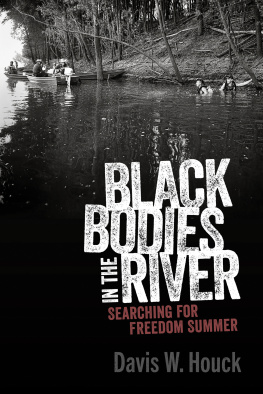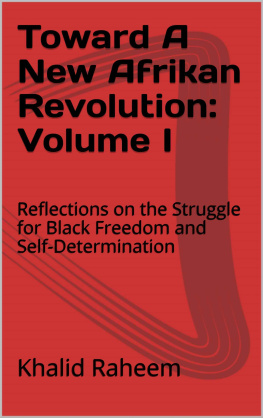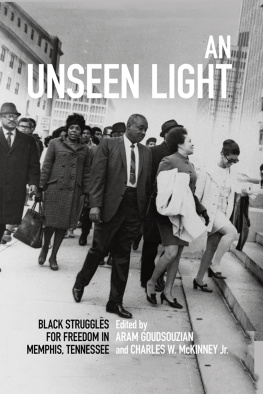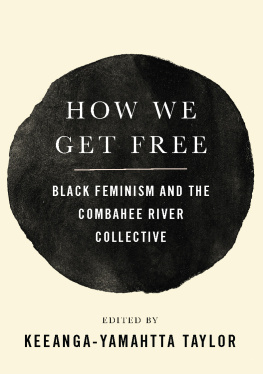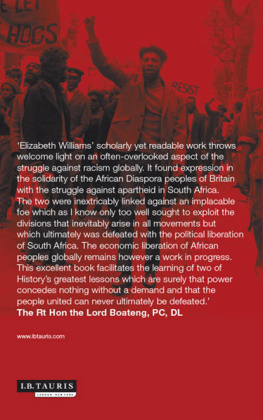Elizabeth Gritter - River of hope : Black politics and the Memphis freedom movement, 1865-1954
Here you can read online Elizabeth Gritter - River of hope : Black politics and the Memphis freedom movement, 1865-1954 full text of the book (entire story) in english for free. Download pdf and epub, get meaning, cover and reviews about this ebook. year: 2014, publisher: University Press of Kentucky, genre: Politics. Description of the work, (preface) as well as reviews are available. Best literature library LitArk.com created for fans of good reading and offers a wide selection of genres:
Romance novel
Science fiction
Adventure
Detective
Science
History
Home and family
Prose
Art
Politics
Computer
Non-fiction
Religion
Business
Children
Humor
Choose a favorite category and find really read worthwhile books. Enjoy immersion in the world of imagination, feel the emotions of the characters or learn something new for yourself, make an fascinating discovery.

- Book:River of hope : Black politics and the Memphis freedom movement, 1865-1954
- Author:
- Publisher:University Press of Kentucky
- Genre:
- Year:2014
- Rating:5 / 5
- Favourites:Add to favourites
- Your mark:
- 100
- 1
- 2
- 3
- 4
- 5
River of hope : Black politics and the Memphis freedom movement, 1865-1954: summary, description and annotation
We offer to read an annotation, description, summary or preface (depends on what the author of the book "River of hope : Black politics and the Memphis freedom movement, 1865-1954" wrote himself). If you haven't found the necessary information about the book — write in the comments, we will try to find it.
Elizabeth Gritter: author's other books
Who wrote River of hope : Black politics and the Memphis freedom movement, 1865-1954? Find out the surname, the name of the author of the book and a list of all author's works by series.
River of hope : Black politics and the Memphis freedom movement, 1865-1954 — read online for free the complete book (whole text) full work
Below is the text of the book, divided by pages. System saving the place of the last page read, allows you to conveniently read the book "River of hope : Black politics and the Memphis freedom movement, 1865-1954" online for free, without having to search again every time where you left off. Put a bookmark, and you can go to the page where you finished reading at any time.
Font size:
Interval:
Bookmark:

of Hope
and the Memphis
Freedom Movement,
18651954

reading devices, some elements of this ebook may not appear
as they do in the print edition. Readers are encouraged
to experiment with user settings for optimum results.
serving Bellarmine University, Berea College, Centre College of Kentucky, Eastern Kentucky University, The Filson Historical Society, Georgetown College, Kentucky Historical Society, Kentucky State University, Morehead State University, Murray State University, Northern Kentucky University, Transylvania University, University of Kentucky, University of Louisville, and Western Kentucky University. All rights reserved.
663 South Limestone Street, Lexington, Kentucky 40508-4008
www.kentuckypress.com
pages cm. (Civil rights and the struggle for Black equality in the twentieth century)

 | Member of the Association of American University Presses |
Font size:
Interval:
Bookmark:
Similar books «River of hope : Black politics and the Memphis freedom movement, 1865-1954»
Look at similar books to River of hope : Black politics and the Memphis freedom movement, 1865-1954. We have selected literature similar in name and meaning in the hope of providing readers with more options to find new, interesting, not yet read works.
Discussion, reviews of the book River of hope : Black politics and the Memphis freedom movement, 1865-1954 and just readers' own opinions. Leave your comments, write what you think about the work, its meaning or the main characters. Specify what exactly you liked and what you didn't like, and why you think so.


